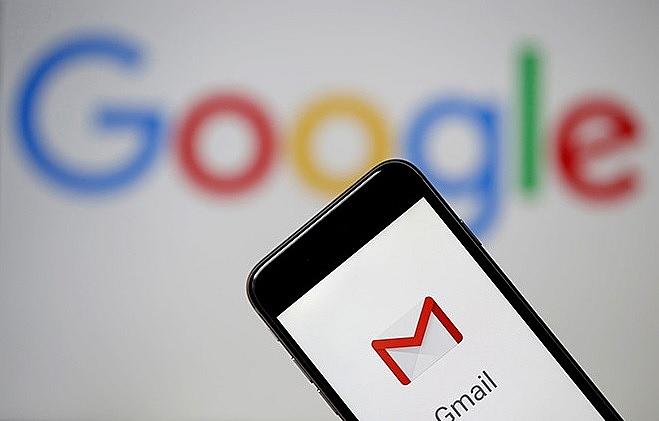Google will promote original reporting with algorithm change
 |
| Google will promote original reporting with algorithm change, photo AFP |
The world's largest search engine has come under increasing criticism from media outlets, mainly because of its algorithms - a set of instructions followed by computers - that newspapers have often blamed for plummeting online traffic and the industry's decline.
Explaining some of the changes in a blog post, Google's vice president of news Richard Gingras said stories that were critically important and labour intensive - requiring experienced investigative skills, for example - would be promoted.
Articles that demonstrated "original, in-depth and investigative reporting," would be given the highest possible rating by reviewers, he wrote on Thursday (Sep 12).
These reviewers - roughly 10,000 people whose feedback contributes to Google's algorithm - will also determine the publisher's overall reputation for original reporting, promoting outlets that have been awarded Pulitzer Prizes, for example.
It remains to be seen how such changes will affect news outlets, especially smaller online sites and local newspapers, who have borne the brunt of the changing media landscape.
And as noted by the technology website TechCrunch, it is hard to define exactly what original reporting is: Many online outlets build on "scoops" or exclusives with their own original information, a complexity an algorithm may have a hard time picking through.
The Verge - another technology publication - wrote the emphasis on originality could exacerbate an already frenetic online news cycle by making it lucrative to get breaking news online even faster and without proper verification.
The change comes as Google continues to face criticism for its impact on the news media.
Many publishers say the tech giant's algorithms - which remain a source of mysterious frustration for anyone outside Google - reward clickbait, and allow investigative and original stories to disappear online.
What the stars mean:
★ Poor ★ ★ Promising ★★★ Good ★★★★ Very good ★★★★★ Exceptional
Related Contents
Latest News
More News
- State corporations poised to drive 2026 growth (February 03, 2026 | 13:58)
- Why high-tech talent will define Vietnam’s growth (February 02, 2026 | 10:47)
- FMCG resilience amid varying storms (February 02, 2026 | 10:00)
- Customs reforms strengthen business confidence, support trade growth (February 01, 2026 | 08:20)
- Vietnam and US to launch sixth trade negotiation round (January 30, 2026 | 15:19)
- Digital publishing emerges as key growth driver in Vietnam (January 30, 2026 | 10:59)
- EVN signs key contract for Tri An hydropower expansion (January 30, 2026 | 10:57)
- Vietnam to lead trade growth in ASEAN (January 29, 2026 | 15:08)
- Carlsberg Vietnam delivers Lunar New Year support in central region (January 28, 2026 | 17:19)
- TikTok penalised $35,000 in Vietnam for consumer protection violations (January 28, 2026 | 17:15)

 Tag:
Tag:




















 Mobile Version
Mobile Version